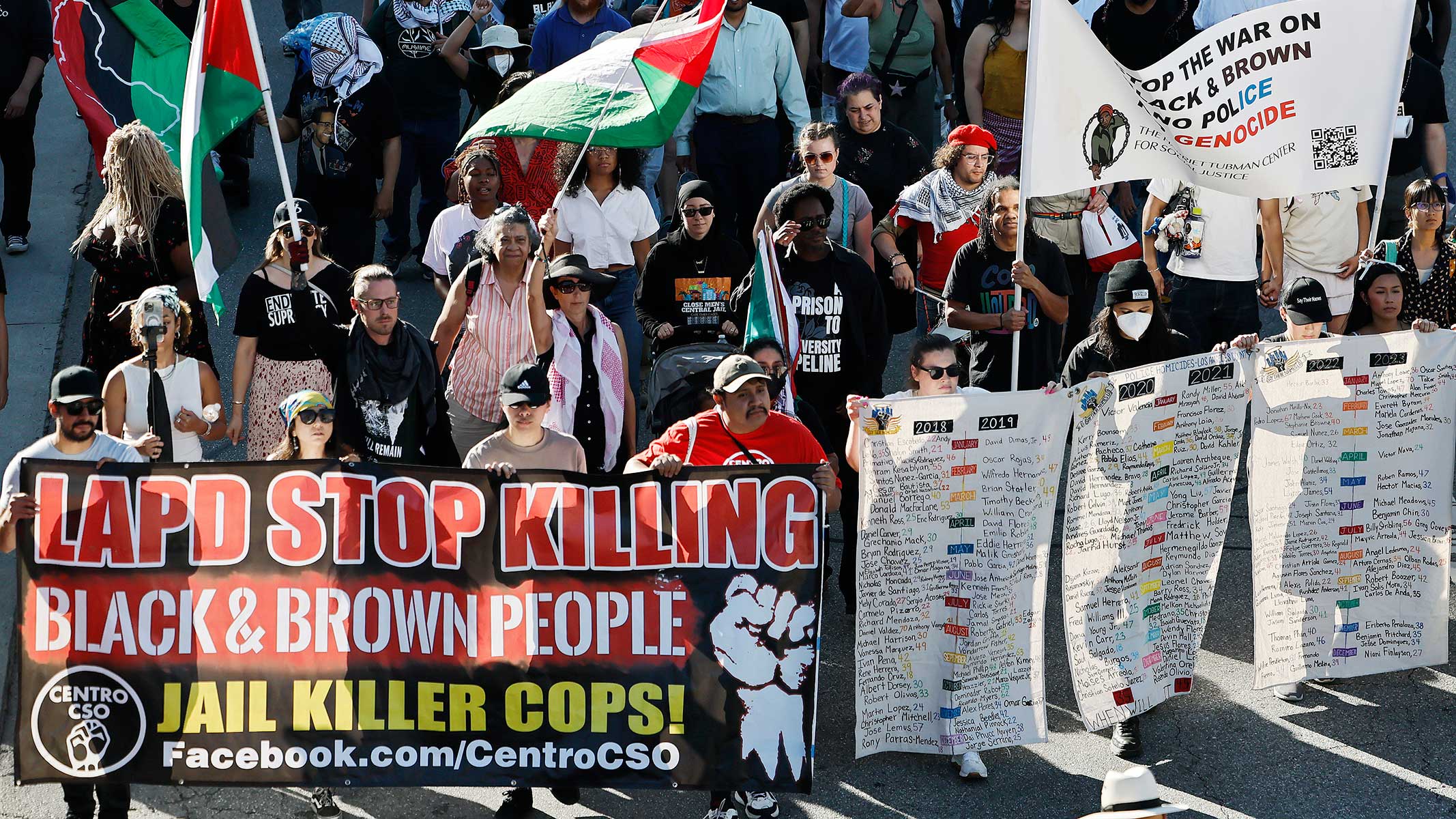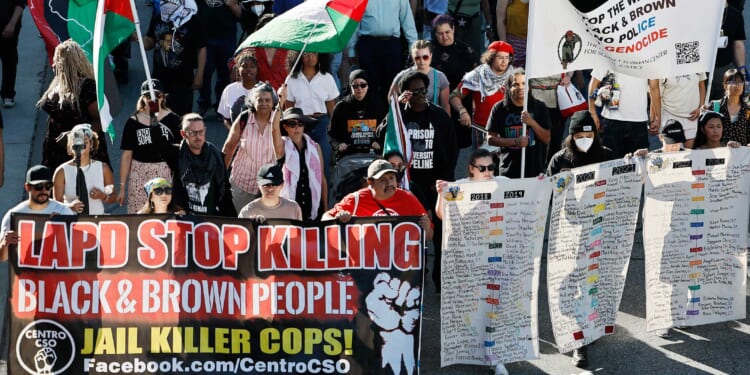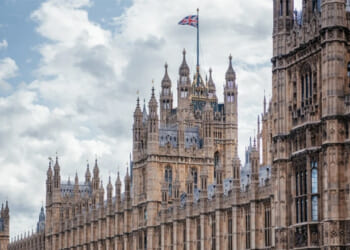
The Persistence of the Ideological Lie: The Totalitarian Impulse Then and Now, by Daniel J. Mahoney (Encounter Books, 168 pp., $29.95)
Over the last decade, business leaders, university administrators, and government officials across the United States increasingly found themselves navigating ideological conflicts that would have seemed fantastical a generation ago.
Finally, a reason to check your email.
Sign up for our free newsletter today.
Daniel J. Mahoney’s The Persistence of the Ideological Lie offers a scholarly roadmap through this terrain by drawing an audacious parallel: the “woke” progressivism so prevalent in American institutions recently shares troubling affinities with the totalitarian movements that devastated the twentieth century. While the punishments for disobedience may not have been as severe—cancellations rather than gulags—the underlying structure of thinking, Mahoney argues, often follows a disturbingly familiar pattern.
A professor emeritus at Assumption University, Claremont Institute fellow, and distinguished scholar of European political thought, Mahoney argues that what began as academic theories of identity politics in the 1980s and multiculturalism in the 1990s escaped the ivory tower and evolved into something more menacing: a rigid, moralistic worldview that divides society into oppressors and oppressed, with white males and conservatives cast as perpetual villains. Their victims are a cornucopia of ethnic groups, “people of color,” women, sexual minorities, and formerly colonized nations. In recent years, the Black Lives Matter movement, the 1619 Project, and theories of intersectionality and gender identity added some new notes, but the score largely remained the same. This abstract framework, Mahoney contends, mirrors the binary thinking that powered history’s most destructive ideological movements. People are held guilty for who they are rather than what they’ve done.
Mahoney’s broader argument unfolds in three stages. First, he exposes the moral problems with a woke doctrine that locates good and evil in groups rather than individuals. Second, he traces how these premises fuel a revolutionary spirit that embraces “deconstruction” and “civilizational repudiation”— viewing American and Western history as irredeemably tainted by oppression. Finally, he shows how ideological movements invariably target the “moral contents of life”: private property, family, religion, and the nation.
Any political project seeking fully to “emancipate” people from these traditional structures, Mahoney warns, inexorably leads to violence and repression. From Robespierre’s Terror to Marxist revolutions to “liberationist” struggles, the pattern repeats. That is because proponents of a “better world” go too far in their belief that human beings and societies are easily transformable. Put it all together and the threat is clear: “ideological fanaticism is the inevitable consequence of a nihilistic denial of an order of things, of a natural moral order available to human beings through reason and experience.”
The book’s strength lies in its historical perspective. Mahoney draws from writers as varied as Fyodor Dostoevsky, Aleksandr Solzhenitsyn, Václav Havel, Lesek Kolakowski, Pierre Manent, and Raymond Aron to illuminate how ideological thinking creates a “second reality”— a constructed worldview that seeks to override observable truth. The parallels Mahoney draws between Robespierre’s Terror and contemporary cancel culture may seem overwrought, but his analysis of how revolutionary movements consistently target traditional institutions—property, family, religion, nation—rings true.
Mahoney is particularly sharp on the moral inversion at the core of wokeness. Traditional concepts of right and wrong give way to “progress” and “reaction.” In this framework, something objectively wrong can become right if it serves progressive goals. This echoes the logic that justified Stalin’s purges: almost anything done in service of building the better world is acceptable.
In response, Mahoney mounts a spirited defense of “ordered liberty,” as embodied in the imperfect but essential American democracy. He makes his case on unabashedly old-fashioned premises: that good and evil run through individuals rather than groups, that Western civilizational achievements and inheritance hold great value, that human nature exists, and that moral judgments can find rational basis.
Mahoney draws upon the work of Russian and Eastern European dissidents to show how the fall of the Berlin Wall in 1989 provides enduring lessons, especially the sobering reminder that human nature limits how extensively states can remake society—at least without resorting to repression and terror. The collapse of Communist regimes in 1989 should have been a “teachable moment” about ideology’s dangers. Instead, we’ve witnessed the rise of new forms of ideological thinking.
Mahoney’s call for a return to “moderate, non-utopian, and non-ideological politics” grounded in moral realism seems both urgent and improbable in the current climate. Whether such an outlook can find purchase in today’s polarized intellectual scene remains highly uncertain. But his philosophical and historical perspective offers valuable guidance for those seeking to understand how once-obscure academic ideas can reshape—and potentially undermine—liberal democratic society.
Ultimately, the lesson from the catastrophes of the twentieth century’s ideological regimes isn’t that societal reform is impossible, but that it must proceed with humility about human nature and respect for the institutions that make civilized life possible. That’s a lesson worth remembering.
Photo by Mario Tama/Getty Images
City Journal is a publication of the Manhattan Institute for Policy Research (MI), a leading free-market think tank. Are you interested in supporting the magazine? As a 501(c)(3) nonprofit, donations in support of MI and City Journal are fully tax-deductible as provided by law (EIN #13-2912529).
Source link


















